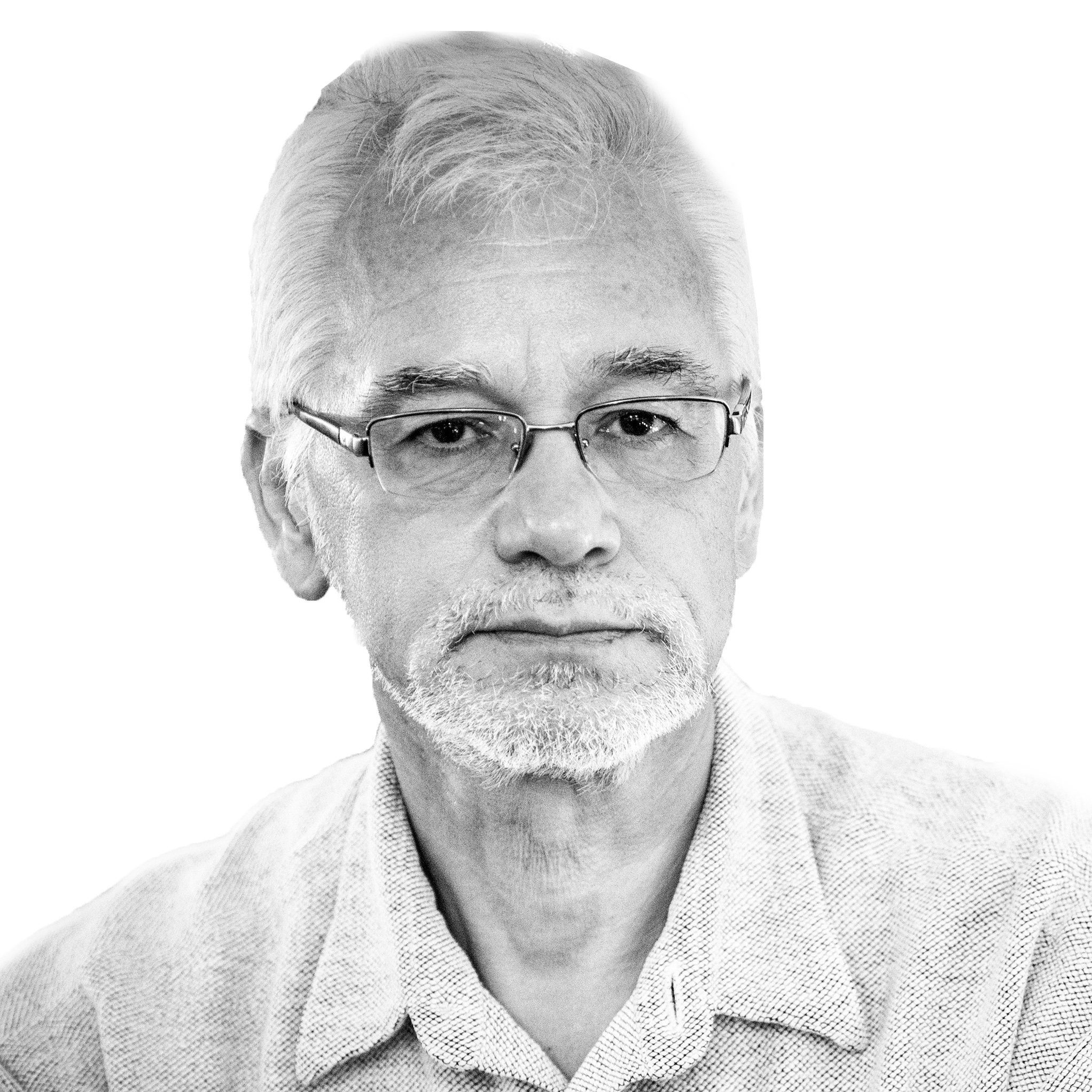World
Umit Bektas/Reuters
Brutal Erdogan Forces Out Turkish Prime Minister in 'Palace Coup'
COUP
Prime Minister Ahmet Davutoglu was sacked after securing a face-to-face meeting with President Obama. Erdogan may replace him with his son-in-law.

Trending Now





